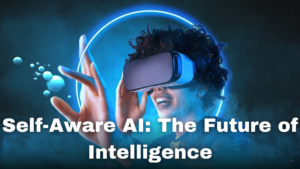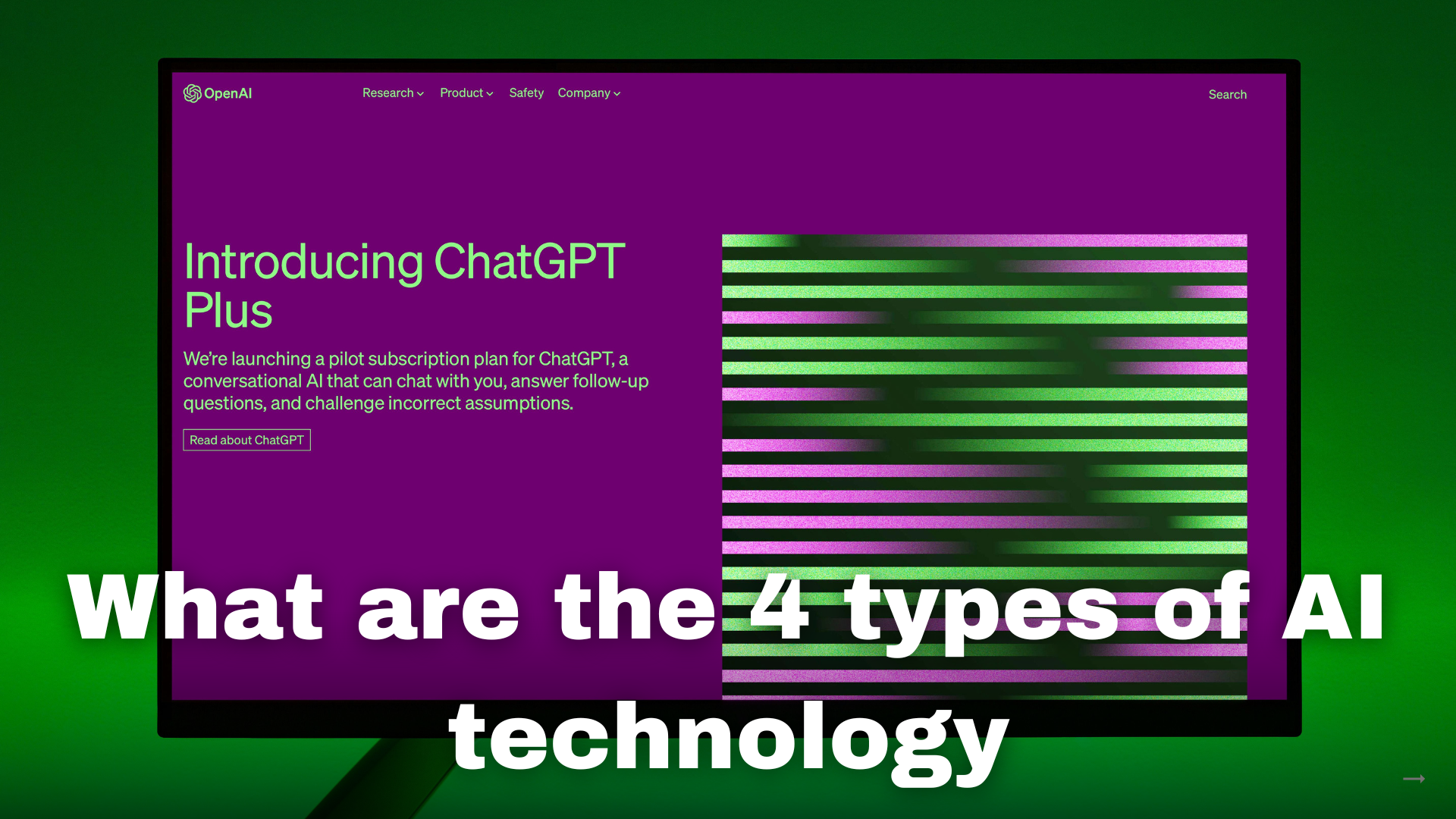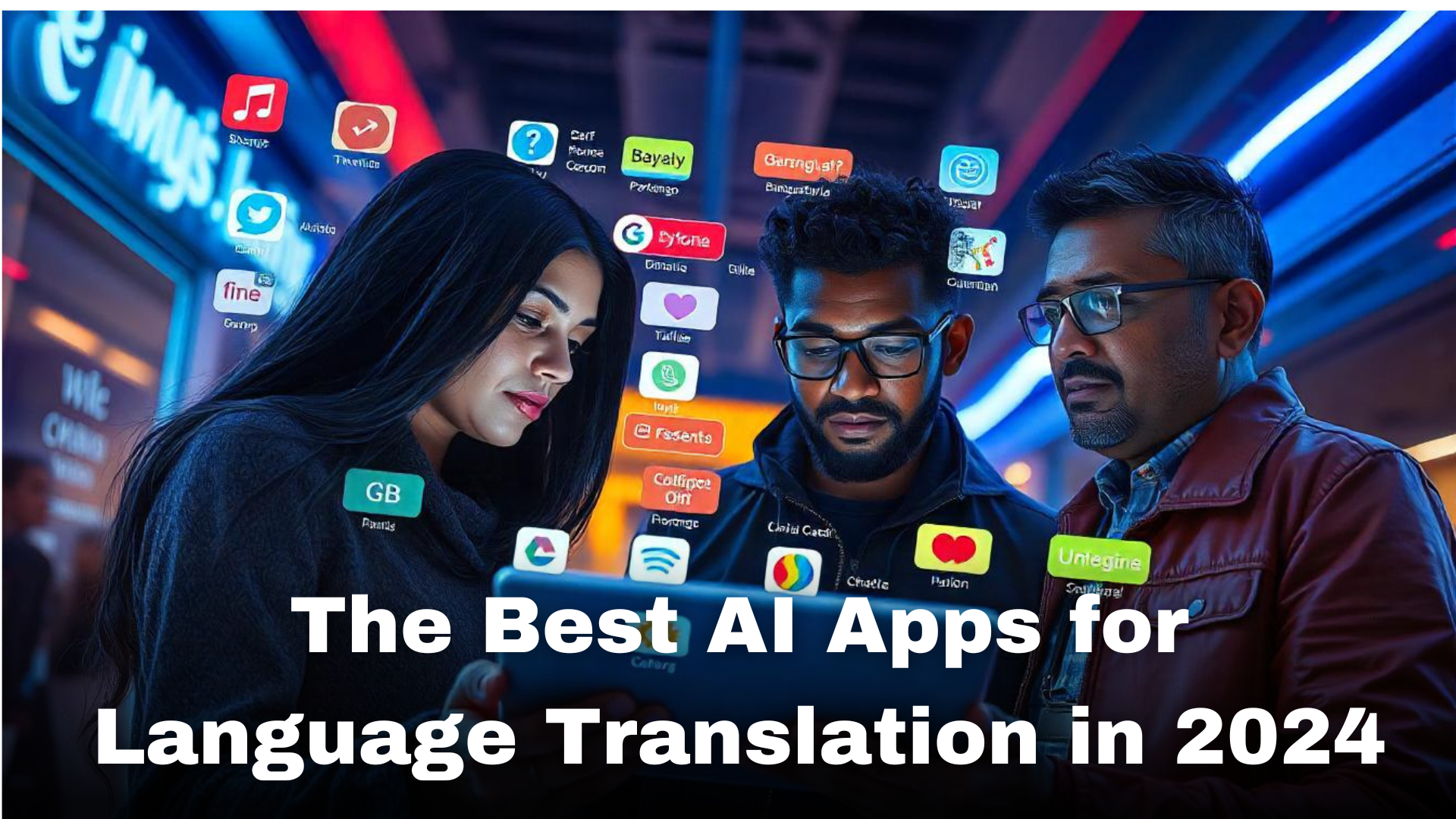What are the 4 types of AI technology: Unleashing AI’s Potential: Exploring the Four Types Transforming Industries and Society
Artificial intelligence is rapidly turning out to be one of the most impactful technologies of our time, transforming industries and rebalancing how we live, work, and learn. But here is an interesting point of fact: AI can be categorized into four different types – each with a set of capabilities and limitations. Understanding these types is pretty essential to understand how AI influences various sectors-be it helping businesses optimize their operations, enabling universities to provide better online learning programs, or assisting governments in offering more effective public services.
Advances in AI certainly cannot change only individuals but the organizations, their professional development, and even higher institutions, thus tailoring and making more accessible certain areas in society. Whatever your profession – instructor, business owner, or a person just wanting to stay updated with this new developing aspect of AI-this blog does break the four types of AI technology and discusses the work each of them has been doing to change our world.
So, what does each of these four types of AI mean in practice? How do they affect how we think about teaching and learning, business and commerce, and almost everything else? Let’s dive in.
I. Reactive Machines: The Least Complex Type of AI
Have you ever used a product or tool that responds with a nearly instinctive reaction to inputs from you but never learns anything from past experiences? That is what reactive machines, the most basic type of AI, do. As I defined earlier, these systems have been programmed to respond to very specific tasks based upon predefined rules but are not capable of learning or improving memory.
![]()
For instance, consider IBM’s Deep Blue, a chess-playing AI that catapulted headlines in the news when it defeated a world champion. As incredible as that was, Deep Blue only processed moves real time and didn’t learn or anticipate the latter.
Difference between reactive machines This is what sets them apart:
- Instant response: They operate by responding instantaneously to input with an application best suited in tasks requiring speed and precision.
- They cannot remember data nor learn from them: hence they are mostly used for simple things such as processing transactions or games.
Although they are the most popular in institutions and government initiatives where people have to make quick decisions, they have less complex capabilities compared to other models of sophisticated AI.
II. Finite Memory: Learn from the past
Self-driving car remembering the map layout of a city or predicting the traffic by similar path taken sometime before is the power of finite memory AI, a form of AI that can learn about past events to make more informed decisions. Limited memory is not like reactive machines in that information will be kept in the system for a short period to improve performance.

The benefit is across industries and individuals:
- Data-driven decisions: Whether it is forecasting the stock market or recommending the quickest route home, limited memory AI learns from past data to present better recommendations.
- Current applications: These are widely used in autonomous vehicles and online learning systems, enhancing user experiences by learning from users in earlier interactions.
This type of AI is going to transform corporate training and professional development sectors soon into more personalized and data-driven solutions.
III. Theory of Mind AI That Understands You
Technology that could actually understand you and respond so sensitively? Maybe, just maybe, technology can know how you feel and respond accordingly. Well, this exactly is what the concept of Theory of Mind AI is all about: the advanced version of artificial intelligence, capable of understanding human emotions, intentions, and even thought processes.
Imagine an AI designed to support education, guiding students according to their emotional engagement or learning style. This kind of AI would transform higher education and campus programs into more engaging and individualized experiences.
The core features of Theory of Mind AI are as follows:
- Social intelligence: Such systems can actually recognize and act on emotional signals. And companies like customer service or counseling are definitely priceless working with AI.
- Human-like interaction: At such a point, this technology would largely enhance human interface, making AI interactions more intuitive and empathetic.

This technology is still at its tender developmental stage but has every potential to revolutionize applications, especially in universities and colleges.
IV. Self-Aware AI: The Future of Intelligence
What if the AI cannot only understand emotions but also becomes self-aware? Although this sounds like science fiction, self-aware AI remains the last frontier of AI development. These systems, when achieved, can become conscious and recognize their existence.

We are not yet there, but the concept of self-aware AI broadens implications begging governments and corporations to question their own actions in a newly altered landscape. What role would these machines play? And what impact would they have on human life?
Some possible uses are as follows:
- Autonomous decision-making: Self-aware AI would make it possible for machines to take on more complex roles in place, such as in education and government programs, to make decisions based on a deep understanding of context and ethics.
- Ethical issues: Self-awareness in AI would introduce new ethical considerations, such as addressing liability and regulation.
Although we are not yet at this point, understanding what is possible is certainly useful in planning for the future.
Important Link
- How did Kris Kristofferson die
- How to sign in bank of America online
- Millie Bobby Brown and Jake Bongiovi: A Love Story for the Ages
- India Women vs South Africa Women Cricket Match 2024
- Is Iran attacking Israel
- What happened to John Amos
- How many leagues are there in sports
- What are sports leagues
- How many times India beat Bangladesh?




